The Boston bombing: Fact and fiction
An interview with a former top FBI counter-terrorism agent

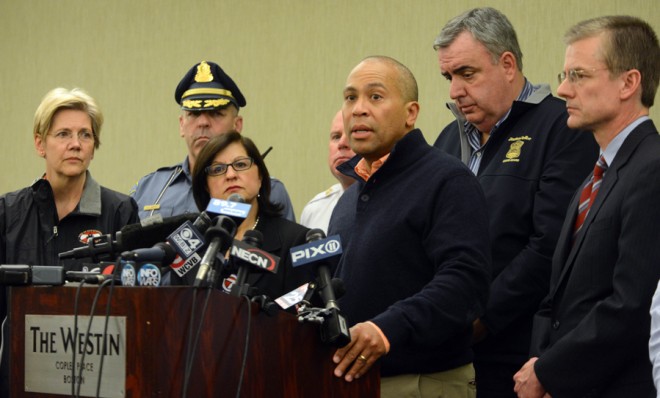
A free daily email with the biggest news stories of the day – and the best features from TheWeek.com
You are now subscribed
Your newsletter sign-up was successful
When he heard about the bombings in Boston. David Gomez, a former Senior Assistant Special Agent-in-Charge for Counter-terrorism and Intelligence at the FBI's Seattle Field Office, began to tweet. (He's @allthingshls). For years, he was one of the bureau's top CT agents and criminal profilers, and so he knows his brief. I asked Gomez to answer a few questions about how the FBI will move forward with what surely will prove to be a complex investigation.
Q: What's the FBI's role now, and why was it so quick to take control of the investigation?
A: "The FBI investigates bombings. And a bombing is automatically assumed to be a terrorism event. This was true prior to 9/11, but after, it became clear in the law, and by presidential directive that we were the lead agency in a terrorism event. A lot of what's going on right now is, basically, working with the city and knowing that since we're going to be late to the scene — the police have first response and emergency response — to figure out who is going to take custody of the evidence and what labs are going to process it."
The Week
Escape your echo chamber. Get the facts behind the news, plus analysis from multiple perspectives.

Sign up for The Week's Free Newsletters
From our morning news briefing to a weekly Good News Newsletter, get the best of The Week delivered directly to your inbox.
From our morning news briefing to a weekly Good News Newsletter, get the best of The Week delivered directly to your inbox.
Q: The Special Agent in Charge of the FBI Field Office in Boston, Rick DesLauriers, referred to this as a "potential terrorism" event. Why use the word potential?
A: "I wonder if that was directed from our headquarters, or maybe from the White House, because I noticed that the president didn't use the term. Look, to the people on the ground, our guys, it's a criminal investigation. They're not collecting evidence to make a terrorism case. They're collecting evidence to prove a bombing. Absent a motive or claim of responsibility, it's just a bombing. But after 9/11, there's a presumption in law that a bombing is a terrorist attack."
Q: How is a case like this going to be organized internally?
A: "You're going to be getting so many tips coming in, that you have to essentially bifurcate it. Some of our people will go through all the forensics evidence. Others will look at the local intelligence picture, to figure out which groups there are and what we know about them. Then you have a team working all the data dumps we're going to be getting. And then you've got to find a team to work through all of the tips, most of which are going to be crap, but you can't ignore them because you might find a nugget. Every FBI field office in the country is going to have people working on this."
A free daily email with the biggest news stories of the day – and the best features from TheWeek.com
Q: I was reading on Twitter that it would be easy for the FBI to figure out who made a call to remotely detonate a bomb if it were triggered by radio frequencies. Is that true?
A: "Would it be easy to get the data? Yes. You'd get call records from towers around the area for an hour or two before the attacks, or whatever period of time. But analyzing it is really difficult; you might get 12,000 different numbers."
Q: So it's not as easy as it looks on TV?
A: "These things take a lot of time."
Q: Why is there so much debate about the word "terrorism?" And I was wondering: If a guy goes into a school and murders 20 children to make a point, why is that any different than what happened today?
A: "There is a difference between public perception and what the professionals think. To me, terrorism has always been about the messaging, and not about the event. A guy blows up his neighbor's house; it's a bombing but it's not terrorism. The Weathermen blew up a bathroom in the Capitol to send a message that no place was safe and we're gonna take over the world. That's terrorism. Tragedy is different than terrorism. A terrifying traffic event is not the same thing as terrorism."
Q: But the U.S. Attorney will make the decision about what to call it?
A: "Yes. And you can bet they're sitting in there, side by side, with the team."
Q: Is there any difference between a domestic terrorism investigation and one that involves foreign groups?
A: "After 9/11, for domestic terrorism investigations, the FBI adopted a lot of rules that you have to follow. If the crime is though to have been domestic as opposed to a transnational group, constitutional issues come into play. But really, the issue of 'terrorism' only comes out in the charging. Right now, the focus is on proving the bombing, figuring out who was involved, looking at the story the forensic evidence tells us."
Marc Ambinder is TheWeek.com's editor-at-large. He is the author, with D.B. Grady, of The Command and Deep State: Inside the Government Secrecy Industry. Marc is also a contributing editor for The Atlantic and GQ. Formerly, he served as White House correspondent for National Journal, chief political consultant for CBS News, and politics editor at The Atlantic. Marc is a 2001 graduate of Harvard. He is married to Michael Park, a corporate strategy consultant, and lives in Los Angeles.
-
 How the FCC’s ‘equal time’ rule works
How the FCC’s ‘equal time’ rule worksIn the Spotlight The law is at the heart of the Colbert-CBS conflict
-
 What is the endgame in the DHS shutdown?
What is the endgame in the DHS shutdown?Today’s Big Question Democrats want to rein in ICE’s immigration crackdown
-
 ‘Poor time management isn’t just an inconvenience’
‘Poor time management isn’t just an inconvenience’Instant Opinion Opinion, comment and editorials of the day
-
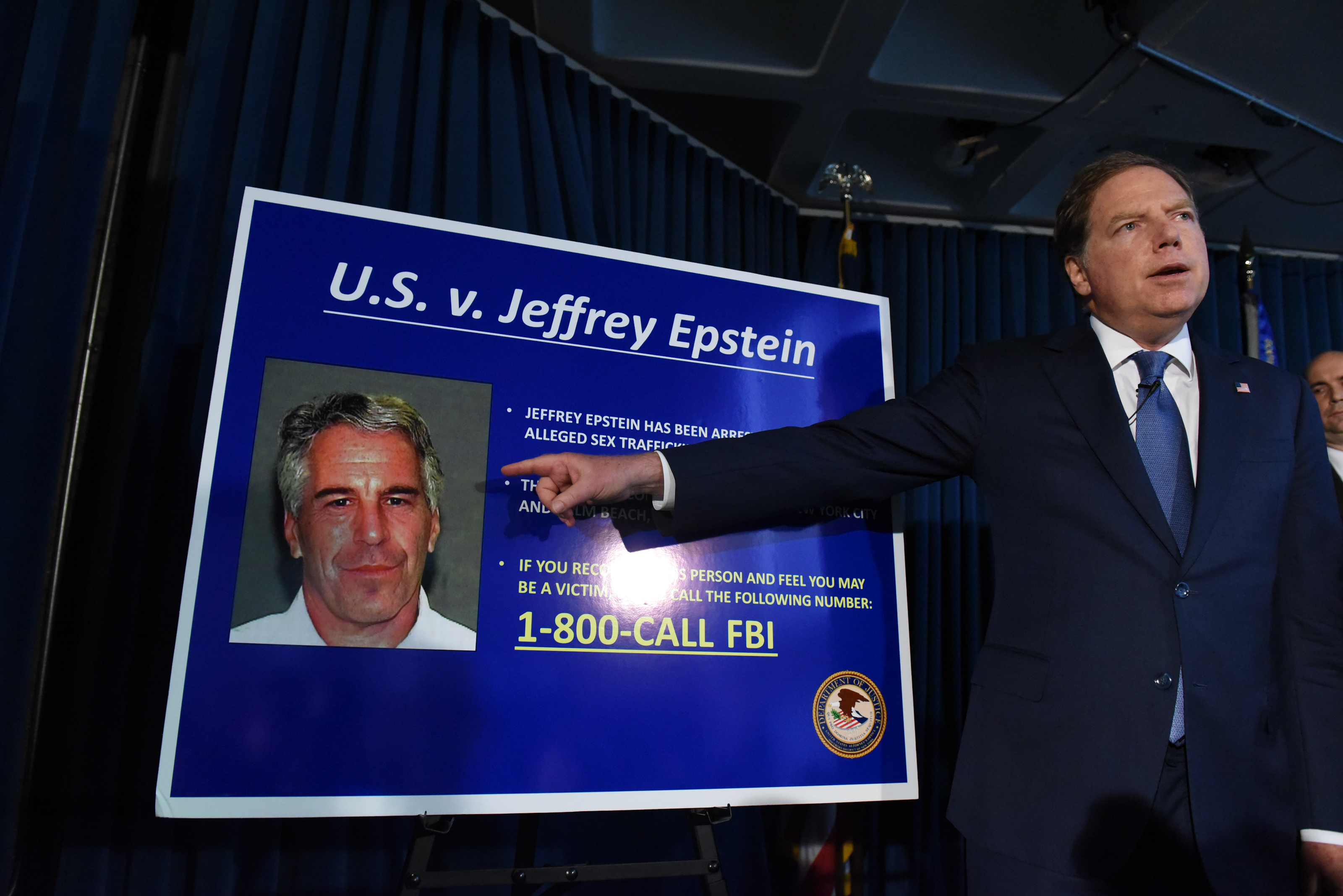 7 lingering questions about Jeffrey Epstein's death
7 lingering questions about Jeffrey Epstein's deathThe Explainer Truth can be as strange as conspiracy theories
-
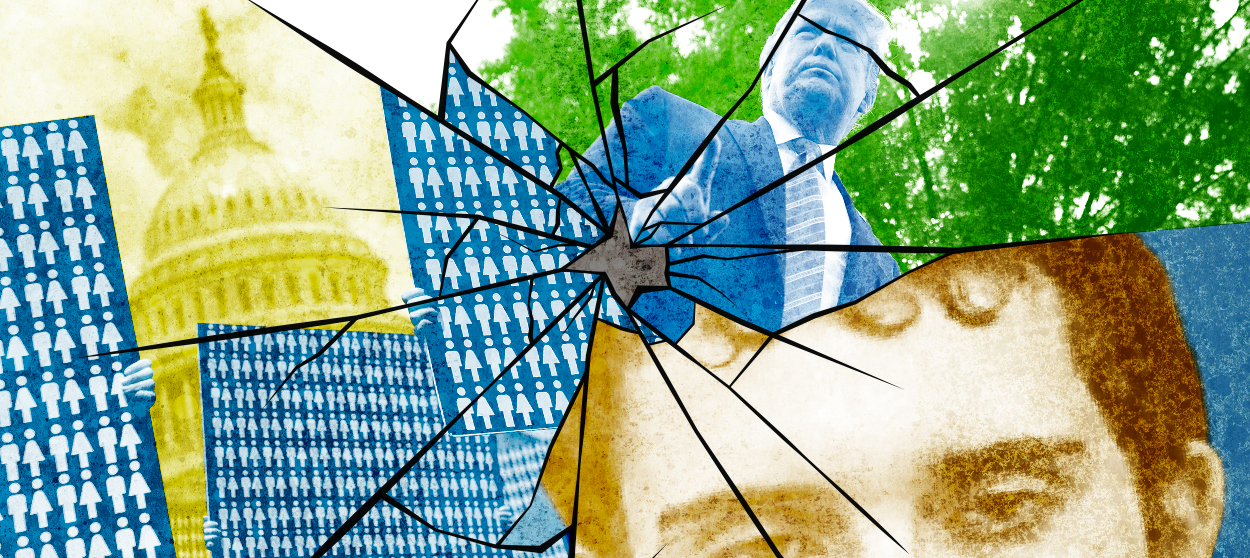 3 things everyone is getting wrong about the El Paso-Dayton shootings
3 things everyone is getting wrong about the El Paso-Dayton shootingsThe Explainer Mental illness is a red herring — but so is Trump
-
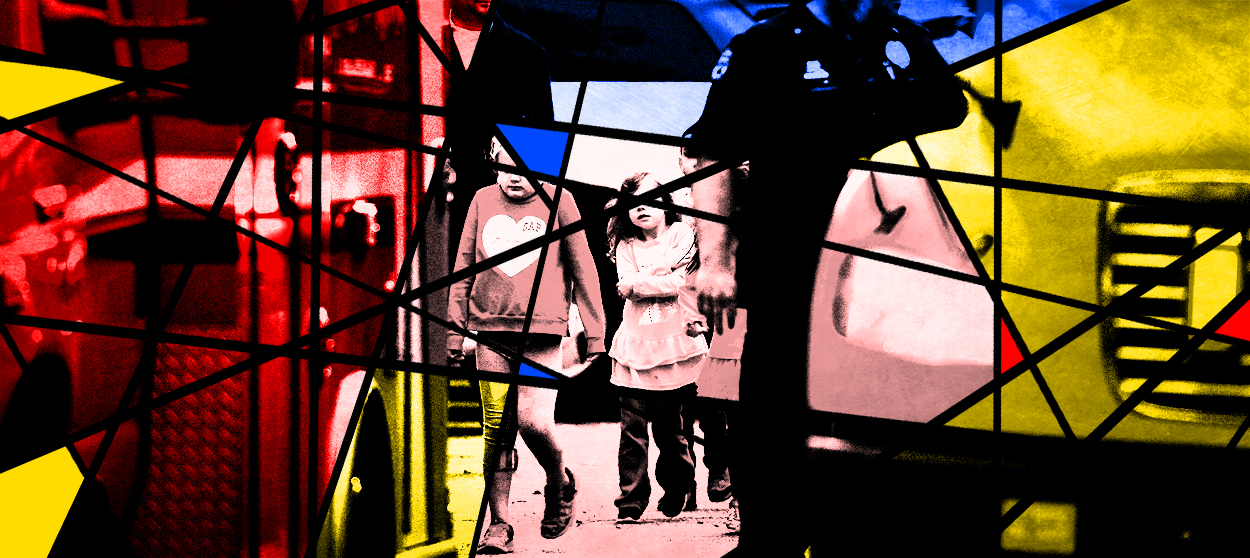 Is it dangerous to lionize the heroes of school shootings?
Is it dangerous to lionize the heroes of school shootings?The Explainer Honoring the children who die saving classmates is laudable — but we should tread carefully
-
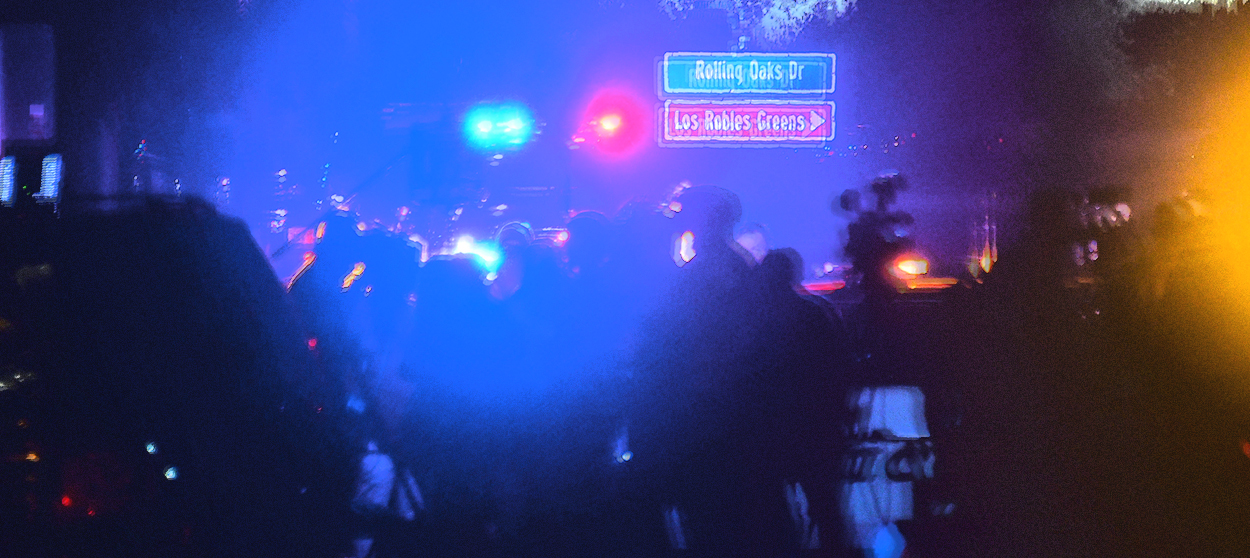 The fear we all live with
The fear we all live withThe Explainer What mass shootings have done to the American psyche
-
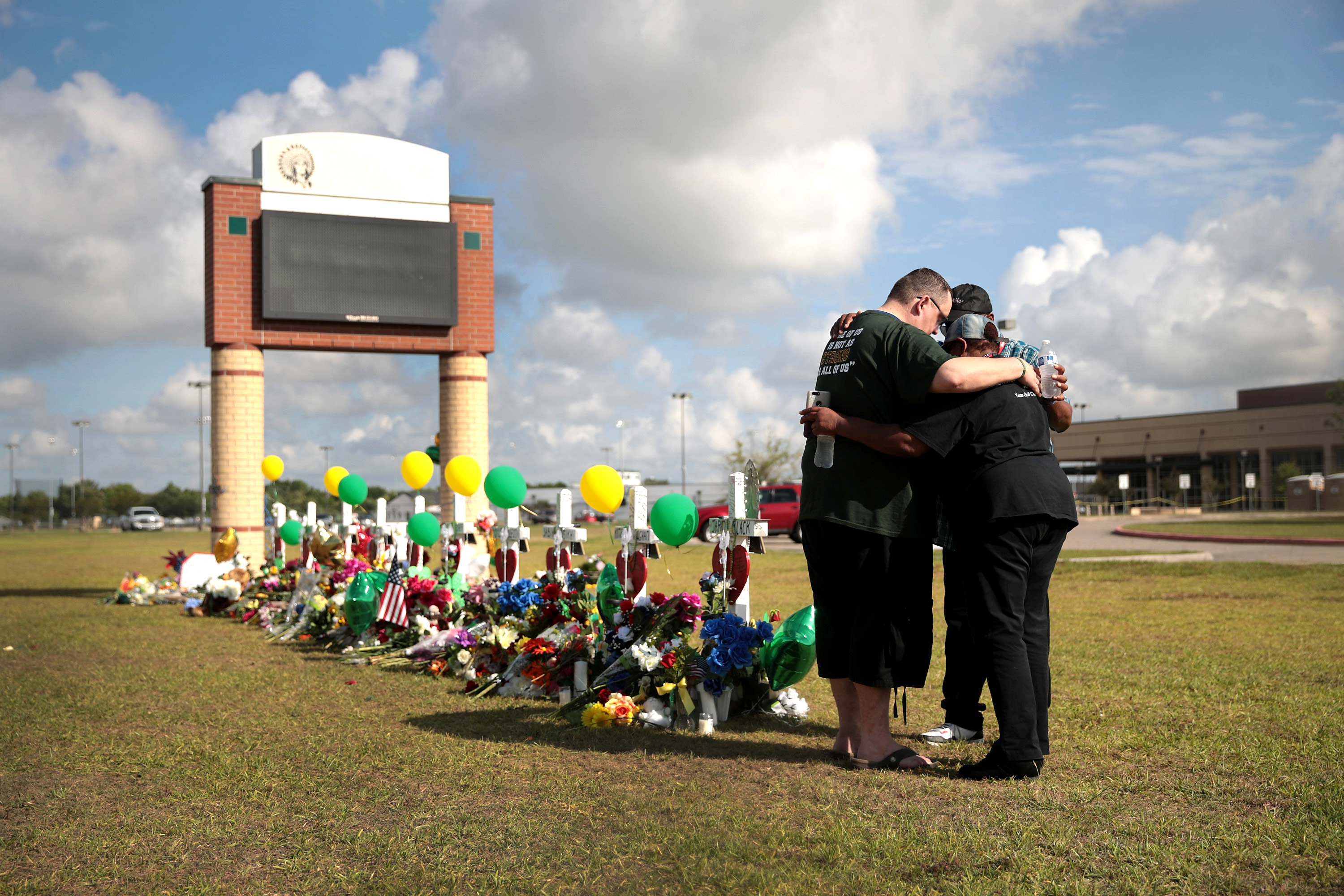 The sick phenomenon of school shooting contagion
The sick phenomenon of school shooting contagionThe Explainer Mass shootings can spread like a disease, with each massacre inspiring new rampages. Can the cycle of violence be stopped?
-
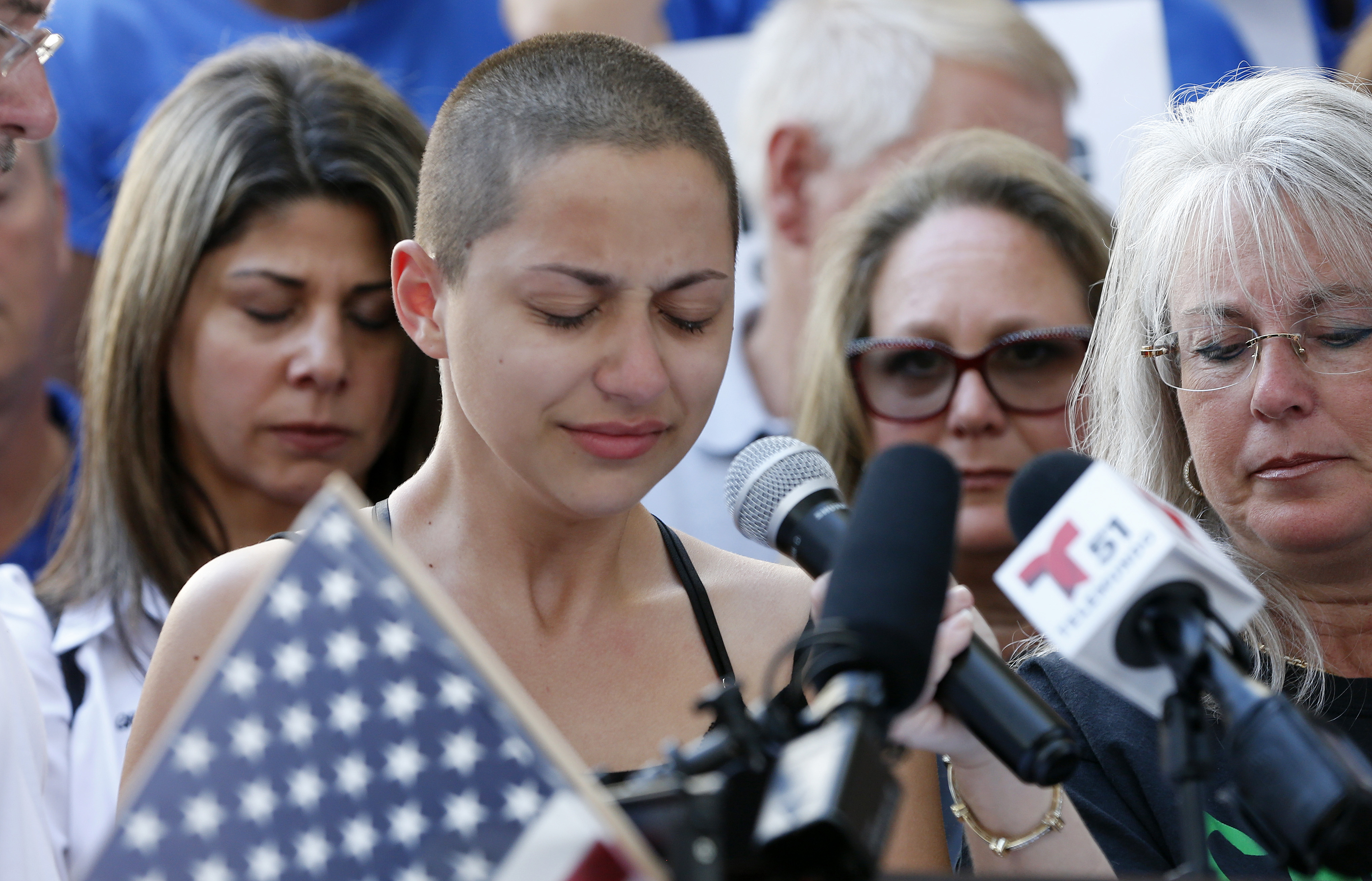 Why the Parkland conspiracy theories are different
Why the Parkland conspiracy theories are differentThe Explainer They aren't an attempt to make crazy sense of a senseless tragedy. They are a way of saying to the tragedy's victims and survivors: You aren't even worth arguing with.
-
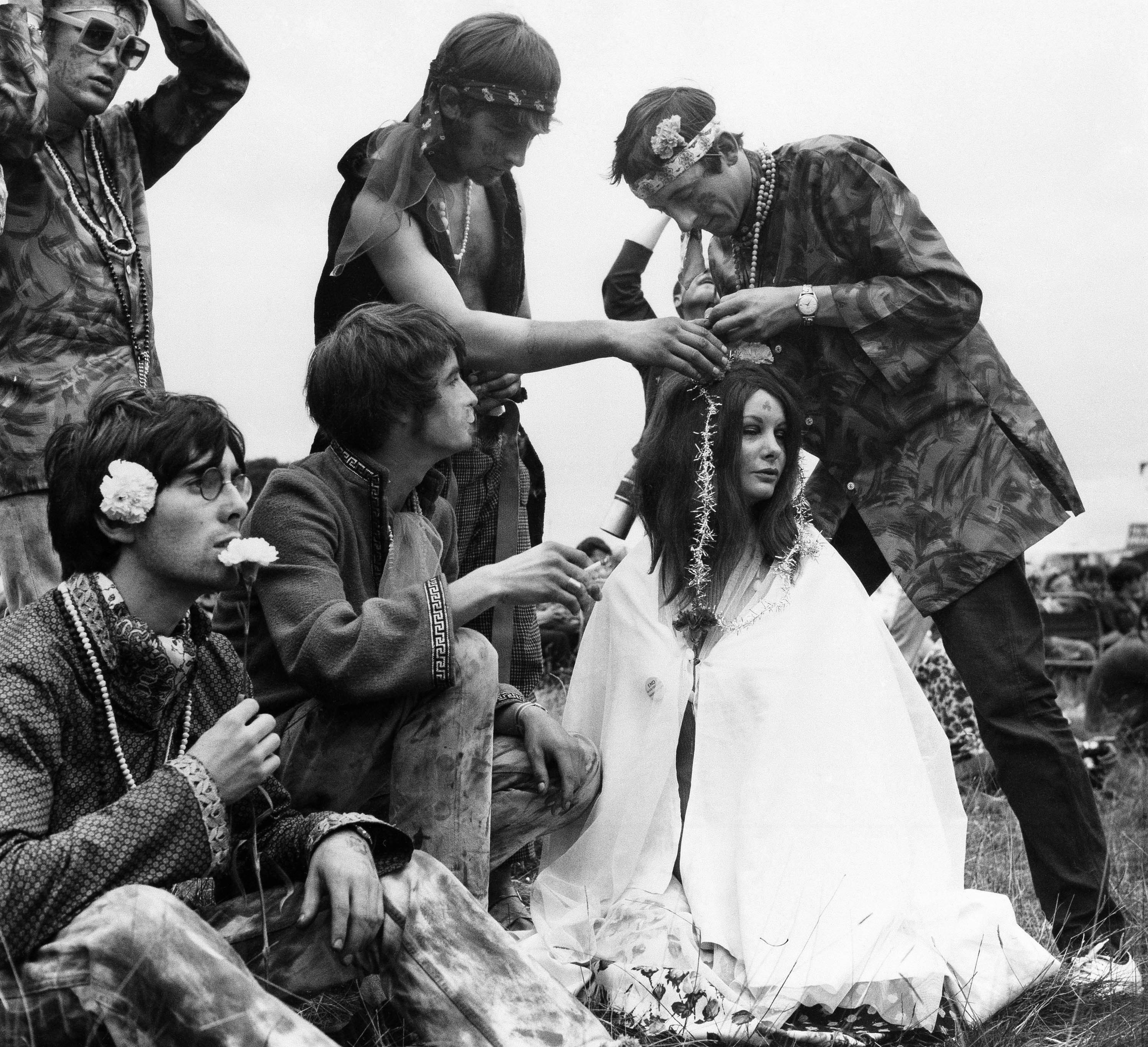 Sex, drugs, and the Summer of Love
Sex, drugs, and the Summer of LoveThe Explainer Fifty years ago this summer, 75,000 young people flocked to San Francisco to "turn on, tune in, drop out"
-
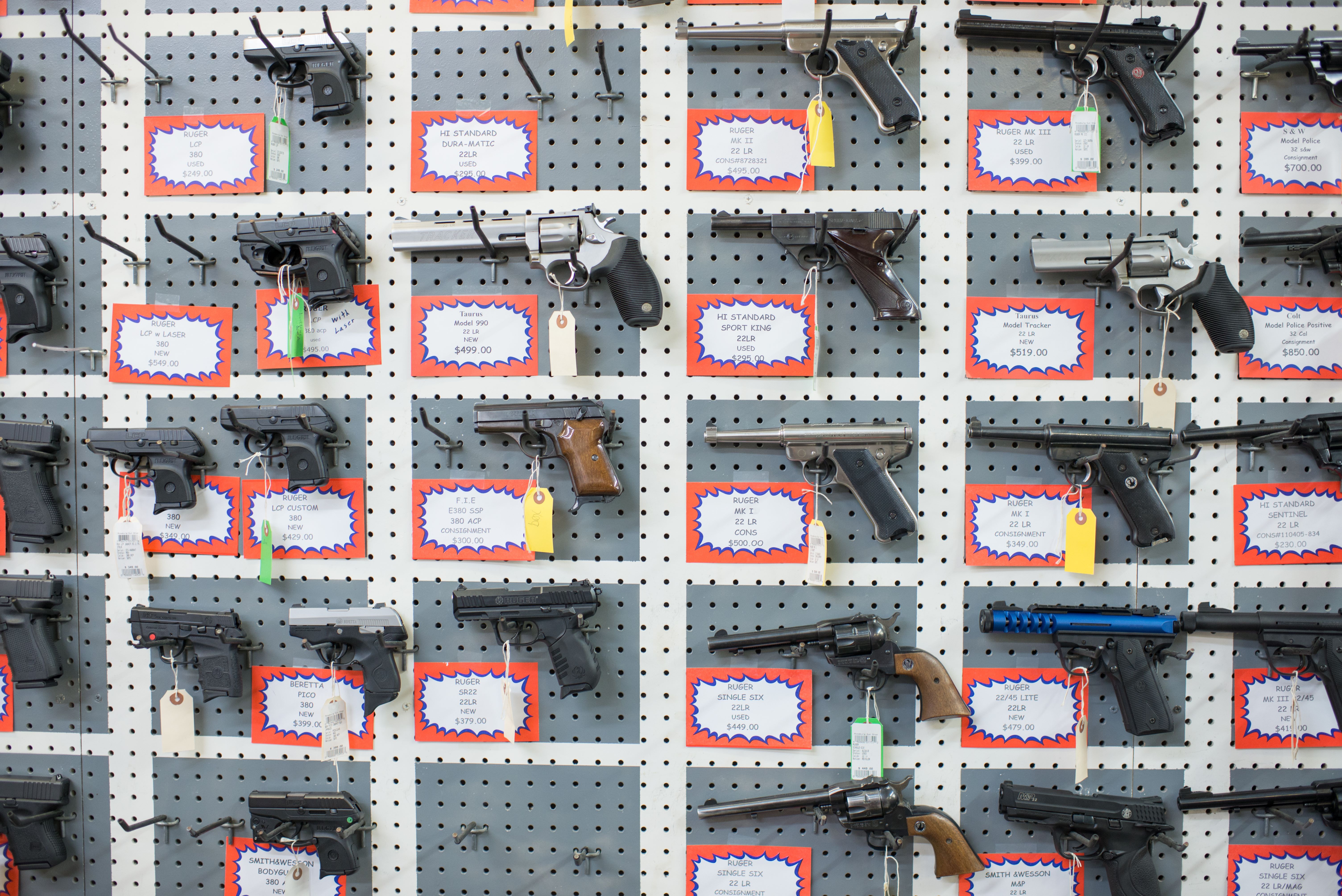 What we know about gun violence may surprise you
What we know about gun violence may surprise youThe Explainer Contradictions abound
